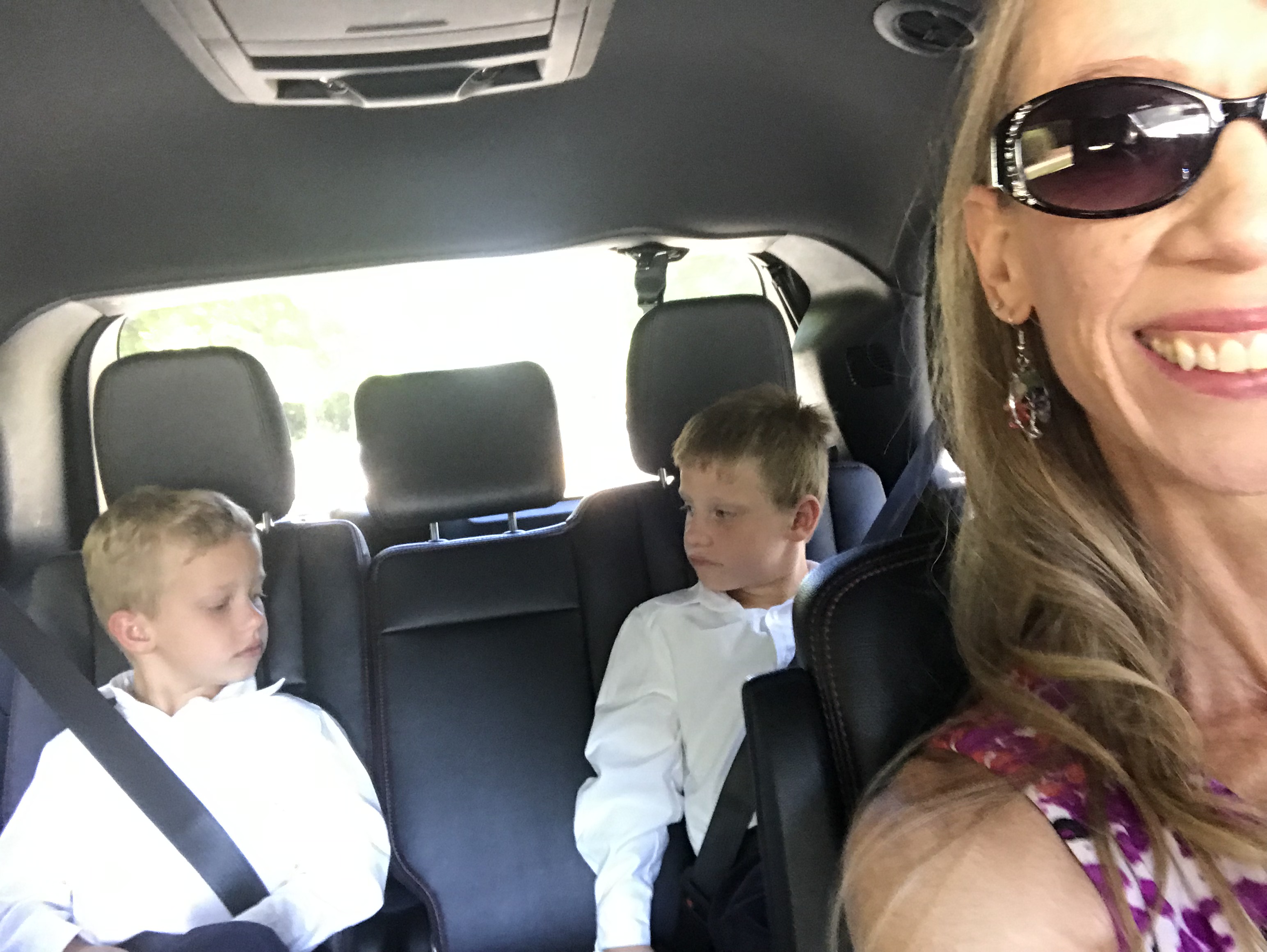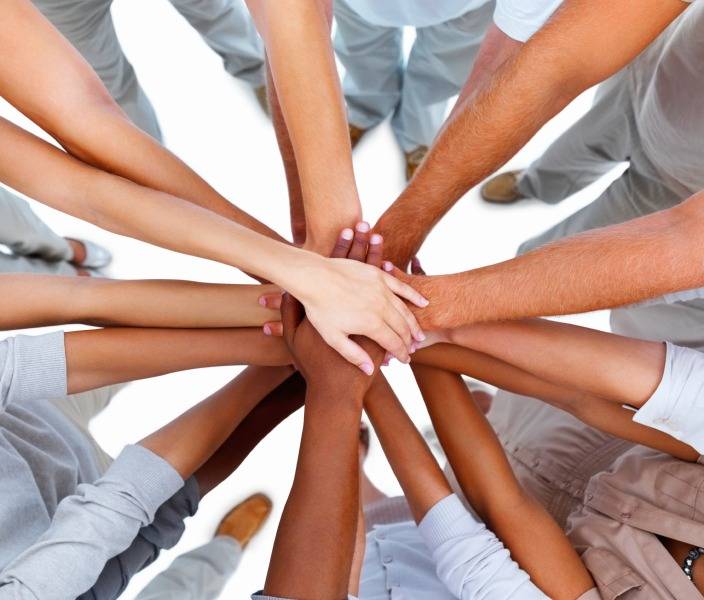Learn free social awareness skills right here that you need to increase your emotional intelligence. Every great leader in life has this skill. So can you!
Part 5: Developing your Emotional Intelligence through Social Awareness
Have you ever found yourself walking away from a meeting or a conversation with someone only to remember that you forgot to mention something because you were so wrapped up in the conversation? Ever walk up to someone and just know that something is off and you immediately feel compelled to ask them what’s wrong? This is called social awareness. In part 5, it’s all about learning how to recognize and understand other people’s emotions while in the conversation instead of your own.
What is social awareness?
Social awareness is your ability to read people and their emotions, much like in a poker game. Like a poker player, while you keep your own emotions at bay and in check so as not to give away your own hand, you must also pick up on emotions and cues from the other players so that you can potentially read their hand and know what they are thinking. This skill takes mental focus like you’ve never experienced before to listen and observe so that you can take in vital information and possibly act upon it.
How does it feel to be socially aware?
When you are socially aware, your mind chatter stops, the internal dialogue goes away, you stop thinking about what you are going to say next, and you stop thinking about how you feel about what the other person is saying. Instead, when you are socially aware, you check your own emotions first, and while setting your emotions aside, you think about what the other person is feeling without interjecting your own feelings. The socially aware person is not the note-taker in meetings, but the person who is intently listening and observing. The socially aware person observes, recognizes the power in acknowledging someone by name, and always keeps a go-to question or set of questions to talk with just about anybody.
How do you increase social awareness?
Much like anything else in life, developing social awareness takes practice. Opposite of self-awareness in which you look inward to understand yourself, social awareness is about looking outward to understand others. However, to be socially aware is not just looking with your eyes, but using all of your senses to pick up on clues, including your sixth sense- your emotions. To be socially aware, you must be present and be able to focus your attention on others to pick up on other’s emotions. Next, here are three easy strategies you can practice to help develop your ability to read any situation.
Strategy 1: Practice observing.
Find yourself a few minutes while you stand in line, sit in (slow) traffic, or take a break and go for a walk around the office. To observe, you must first be present, set aside your mind chatter, start being curious, and just notice. Notice the way people walk, the way they talk with their hands or face, and notice people’s eyes- are they blinking a lot and looking around or are they maintaining eye contact? Notice people’s postures and who are actively engaged in a conversation and who are not. Now, see if you can pick up on people’s moods and guess what they are thinking and feeling. Breathe, presently notice, and just observe.
Strategy 2: Pay attention to people’s needs.
First part: When you are in a conversation with someone, never interrupt, and ask yourself, “How can I help this person? What does this person need?” When you focus on serving and talking to the person for the benefit of the other person, your own feelings tend to quiet down, and you start to truly hear the other person. Now notice the other person’s posture, hand placement, eyes, and face. Now notice their tone and pace of speech. What is all of this information telling you that this person is feeling and may need?
Second part: Now, after the person has stopped speaking, test your assumptions, and acknowledge the person by saying, “It looks/sounds/feels like you are feeling XYZ”. Now, ask the person, “How can I help you feel better” or “How can I help you”? Breathe, presently notice, observe, and acknowledge.
Strategy 3: Visualize being socially aware.
Find a quiet place to relax and sit or lie down for 5 to 15 minutes, no need to time yourself. Start by closing your eyes and taking three deep, calming breaths to quiet your mind. Now focus your attention and visualize a situation that may have caused some kind of rise in your emotions whether watching a situation play out between others or a situation involving you. Now turn your focus on the other people in the situation and see if you can observe and explain the other person’s feelings and emotions as if you were in the other person’s shoes.
Say to yourself, “If I were ‘Sally’, I would feel XYZ”. Just imagine how it would feel to be the other people in the situation and be totally relax with your own emotions. Breathe, presently notice, observe, and feel the other person’s feelings.
Conclusion
Being socially aware is just the next natural step to fully harnessing your power of emotional intelligence. By embracing the power of social awareness, you unlock your ability to read the other side and provide yourself the opportunities to advance in the game of life. What would you do differently if you were in full awareness and control of yourself to be so presently aware that you can pick up on the emotions of others? Imagine the power you would hold to be able to read any situation, room, or encounter. Just remember to breathe and practice.
References
Block, P. (2011). Flawless consulting: A guide to getting your expertise used, 3rd Edition. [VitalSource Bookshelf Online]. Retrieved from https://digitalbookshelf.argosy.edu/#/books/9781118276785/
Bradberry, T., & Greaves, J. (2009). Emotional intelligence 2.0. San Diego, CA: TalentSmart, Inc.
Hila, C. B., & Tzafrir, S. S. (2011). Consultant-client relationship: One of the secrets to effective organizational change? Journal of Organizational Change Management, 24(5), 662-679. doi:http://dx.doi.org/10.1108/09534811111158912
Mayer, J., Salovey, P., & Caruso, D. (2008). Emotional intelligence: New ability or eclectic traits? American Psychologist, 63(6), 503–517. doi:10.1037/0003-066X.63.6.503
Additionally, check out my interview on Parkbench.com. Meet Amanda – and learn about Dandi Within!
Also listed as one of the Top 3 Hypnotherapy services in Chandler, AZ.
Certified through:








